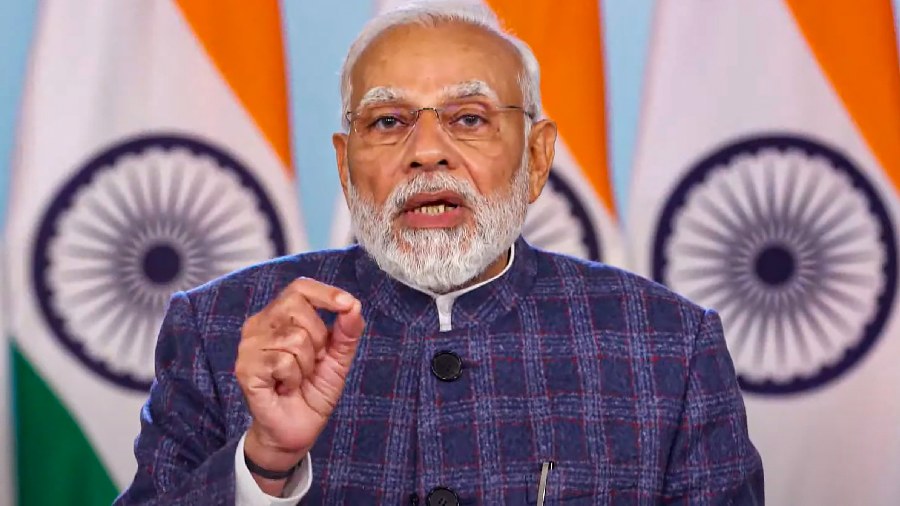India has issued a notice to Pakistan for modification of the 1960 Indus Waters Treaty (IWT) that was brokered by the World Bank to facilitate the sharing of water of the Indus River system between the two countries.
Sources here said India was “compelled to issue notice of modification” under Article XII (3) of the IWT because of “Pakistani intransigence” on its technical objections to India’s Kishenganga and Ratle Hydro Electric Projects (HEPs) in Kashmir. While the Kishenganga HEP is operational, the Ratle project is under construction.
Article XII (3) — under which the notice has been sent to Pakistan through the respective Commissioners for Indus Waters — states: “The provisions of this Treaty may from time to time be modified by a duly ratified treaty concluded for that purpose between the two Governments.”
According to sources, the notice for modification provides Pakistan an opportunity to enter into intergovernmental negotiations within 90 days to rectify the material breach of the IWT.
In 2015, Pakistan had requested the appointment of a neutral expert to examine its technical objections to the Kishenganga and Ratle HEPs. Pakistan unilaterally retracted this request a year later and proposed that a Court of Arbitration adjudicate on its objections; a move that India maintains is in contravention of the graded mechanism of dispute settlement envisaged by Article IX of the IWT.
In response, India made a separate request for the matter to be referred to a neutral expert.
The World Bank decided to pause the initiation of the two simultaneous processes on the same questions as it raised the spectre of inconsistent or contradictory outcomes. In turn, the World Bank asked India and Pakistan to seek an amicable way out at a time bilateral relations went into deep freeze after the dialogue process was suspended by India over a series of terrorist attacks.
In the subsequent years, the Permanent Indus Commission held its annual meetings alternately in the two capitals as mandated under the IWT but sources said Pakistan refused to discuss the issue of finding a mutually agreeable way forward on the technical objections to Kishenganga and Ratle projects in this forum from 2017 to 2022.











